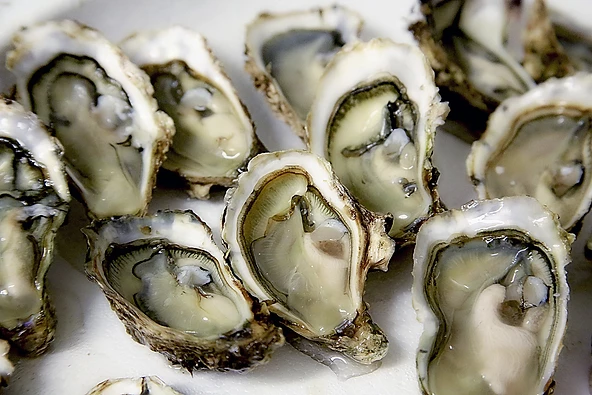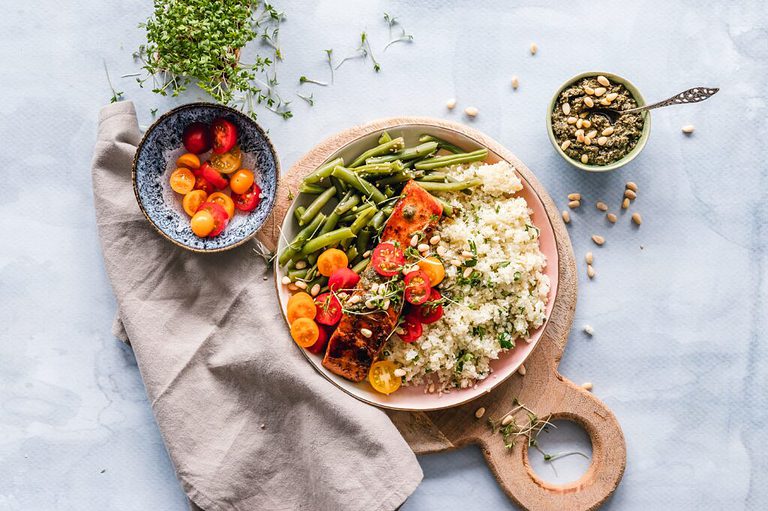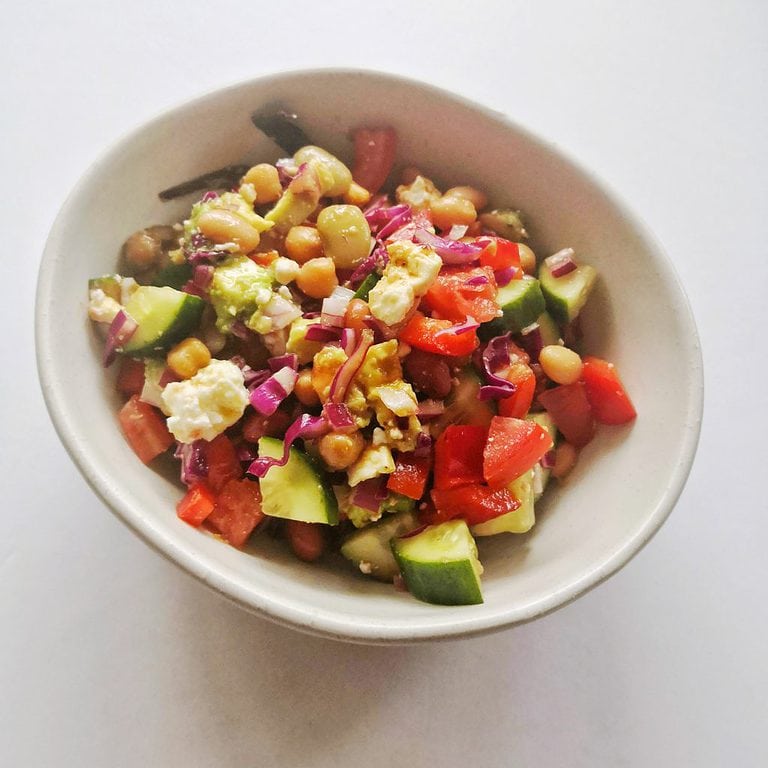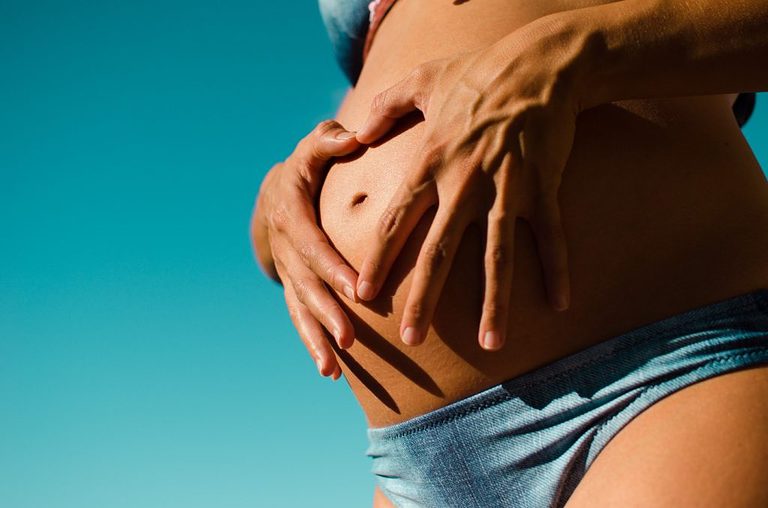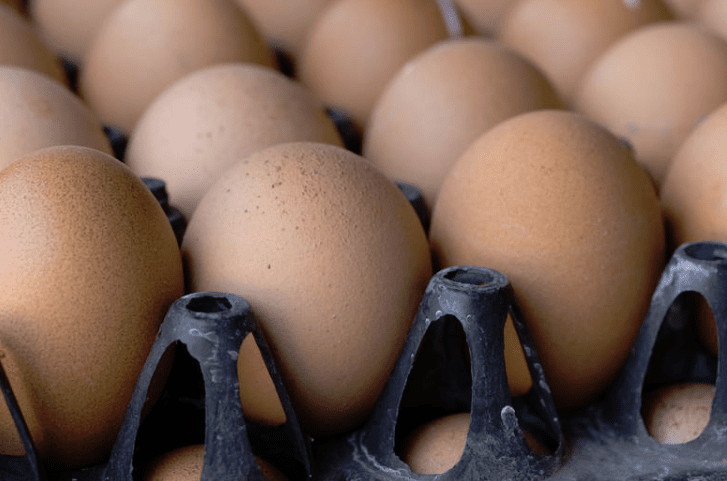It takes two to tango, folks! Whether it’s your partner or a sperm donor, there’s no doubt that with our current technology, it takes a sperm cell and an egg cell to make an embryo and then a baby!
In the fertility world, the men’s side of things can sometimes be overlooked with a focus going onto the woman’s reproductive health when having troubles trying to conceive. However, I think it’s great if you’re both working towards health goals together to help conceive!
The research into nutrition for fertility for both men and women continues to grow with time, I thought I’d summarise some of the key nutrients and lifestyle habits a man can make to help improve the quality of his swimmers!
Before we start, I thought we should run through some the key indicators of sperm health. Most people just think about not enough sperm, i.e. sperm count, which is definitely important. However, the other components to consider is motility (i.e. how those little guys move), if motility is low then how are they going to swim and meet an egg? The other aspect of sperm health that is analysed, is morphology, i.e. the shape. Some sperm shapes are not ideal the ability to fertilise an egg can be compromised.
These tests are usually conducted under the guidance of a fertility specialist.
Zinc
Zinc is an essential mineral which men have a higher requirement for compared to women due to its losses in sperm. Research has shown that men who were infertile or sub-fertile had lower zinc content than fertile men (Ebisch et al., 2006). There was also a positive association between zinc and sperm concentration and motility.
Zinc is found in a range of foods the best sources are oysters, beef, pork, chicken, fish & eggs. There is also zinc in legumes, beans & lentils, some fortified breakfast cereals and also cashew nuts.
Zinc is also commonly found in men’s conception supplements.
CoQ10
Co-enzyme Q10 is an antioxidant that helps protect your cells from damage and also helps in the process of energy production. There has been some research showing that sub-fertile and infertile men tend to have lower CoQ10 in their sperm compared to fertile men. There is also some evidence that it may help increase sperm count (Balercia et al., 2004; Kobori et al., 2014).
CoQ10 can be easily found in plenty of wholefoods including organ meats, other meats like pork, beef, chicken, fatty fish (salmon, sardines, mackerel), vegetables (spinach, cauliflower, broccoli), fruit (oranges & strawberries), legumes, nuts & seeds (sesame & pistachios).

Folate
Just like folate is important in pre-conception for women, folate has also been suggested to help boost sperm count (Raigani et al., 2014). We know the folate is important for keeping cells healthy, including the DNA content. Keeping in mind 50% of the genetic content of your future baby will come from a single (or two) sperm, having healthy genes in there is important!
Folate is found in green leafy vegetables, wholegrains, fortified breads & cereals. Food folate is more readily absorbed by the body compared to folic acid from supplements, which is why loading up on green veggies with most main meals can help you get enough for the day.

Selenium
Selenium is an essential mineral and also functions as an antioxidant in the body helping the keep cells healthy. It has also been found that selenium content is lower in the sperm of sub-fertile & infertile men, compared to fertile men (Eroglu et al., 2014).
Selenium is a tricky nutrient, because it is so dependent on the soil quality of where your food is grown. However, an easy way to get enough selenium is to simply eat 1-2 brazil nuts per day to meet your daily needs, don’t like the flavour? Try throwing them into a smoothie to disguise the taste.

Vitamin E
Vitamin E is an essential nutrient that has some evidence of improving both sperm count and motility (ElSheikh et al., 2015). Vitamin E has also shown benefits for helping manage endometriosis pain and improve endometrial thickness. More on that in my Olive Wellness Institute blog on the Mediterranean diet and fertility.
Vitamin E is a fat-soluble vitamin, meaning you need to consume some fats with foods rich in vitamin E for optimal absorption. The best sources of vitamin E include high quality extra virgin olive oil, sesame seeds, tahini, almonds & almond butter, sunflower seeds, 100% peanut butter and some green veggies like broccoli.

L-Carnitine
L-Carnitine is a nutrient that helps in energy production through transportation of fatty acids to the powerhouse of your cells. It is made out of two amino acids by the body, specifically lysine and methionine. A study of men who supplemented 1-3 g/day of L-Carnitine for 2-6 months improved sperm motility, morphology and pregnancy rates (Zhou et al., 2007).
Enjoying a balanced diet and including all core food groups, is the best way to ensure that you get all the amino acids you need to help your body make L-Carnitine. This includes fruits, vegetables, wholegrains, meat, seafood, poultry, eggs, nuts & seeds, legumes and dairy foods.

Vitamin C
Most of us know vitamin C for its immune benefits, but it low vitamin C content in sperm has been associated with sperm dysfunction (Song et al., 2006). However, trials show no benefits of supplementation. So, once again, its food first here! It’s pretty easy to meet your 45 mg per day requirement, simply include a couple of serves (150 g is one serve) of fruit daily and colourful veggies to help you meet your needs. Foods to focus on to boost vitamin C in your diet may include: kiwifruit, strawberries, berries, broccoli, capsicum, spinach and citrus.
Vitamin C also helps your body make L-Carnitine, so it is important to support this process with your daily dose of fruit and veggies.
Lycopene
Another antioxidant, which has been shown to be lower in the sperm of infertile & sub-fertile men (Goyal et al., 2007). Lycopene is also fat-soluble, which means it really needs fats to help your body absorb and utilise it to its best.
Whilst a number of fruits and vegetables contain lycopene, tomatoes, watermelons, grapefruit, guava, red capsicum, carrots, red cabbage.
The easiest way to pack a lycopene punch is to use tinned or cook tomatoes to help concentrate the lycopene alongside some extra virgin olive oil to ensure you’re getting a good dose and in it’s most absorbable form (Fielding et al., 2005).

Mediterranean Diet
I’ll say it one more time for the people in the back, the Mediterranean style of diet is where it is at for fertility for both men and women. The focus on healthy fats, low GI carbohydrates, plenty of seafood providing essential omega-3s, moderate alcohol consumption, a diet rich in plant proteins from legumes and beans. It is the perfect combination for both men and women looking to conceive, plus it’s a really delicious and sustainable way of eating!
One recent study showed that men who had a better adherence to a Mediterranean style of diet rich in fruit, veg, legumes and wholegrains were associated with better sperm quality (Karayiannis et al., 2016).
I don’t love to highlight the things not to do, but, we know that limiting alcohol, quitting smoking and avoiding overheating that area (i.e. hot tubs, wearing boxers, not briefs) can all help with creating healthier sperm.

Need some more tips on male fertility? Grab my expert tips on male fertility in my Nutrition for Male Fertility Manual downloadable guide today for just $19 AUD/$13 USD.
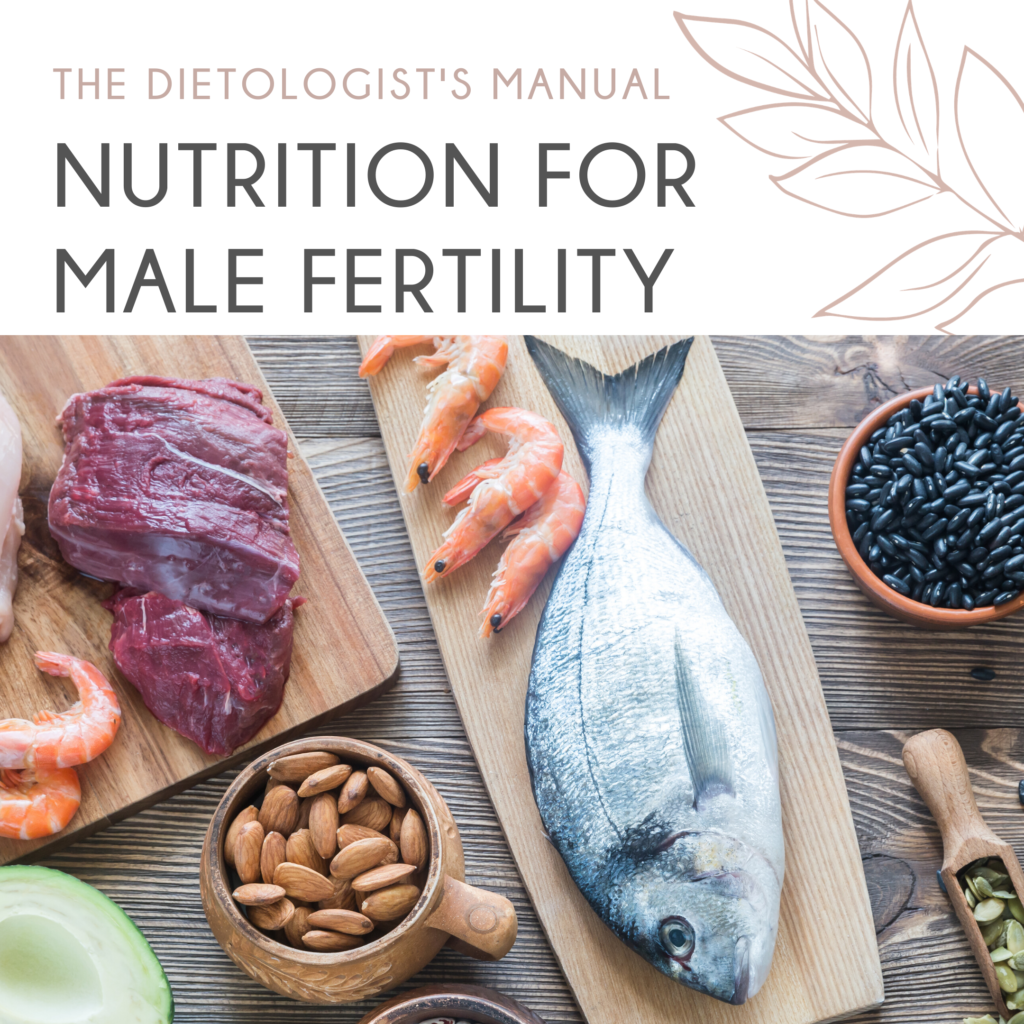
Need some help with fertility nutrition? We can help you and your partner get the right nutrients to optimise your fertility whether you’re trying to conceive or going through the IVF process, nutrition can play some role in your reproductive health. Apply Now!

